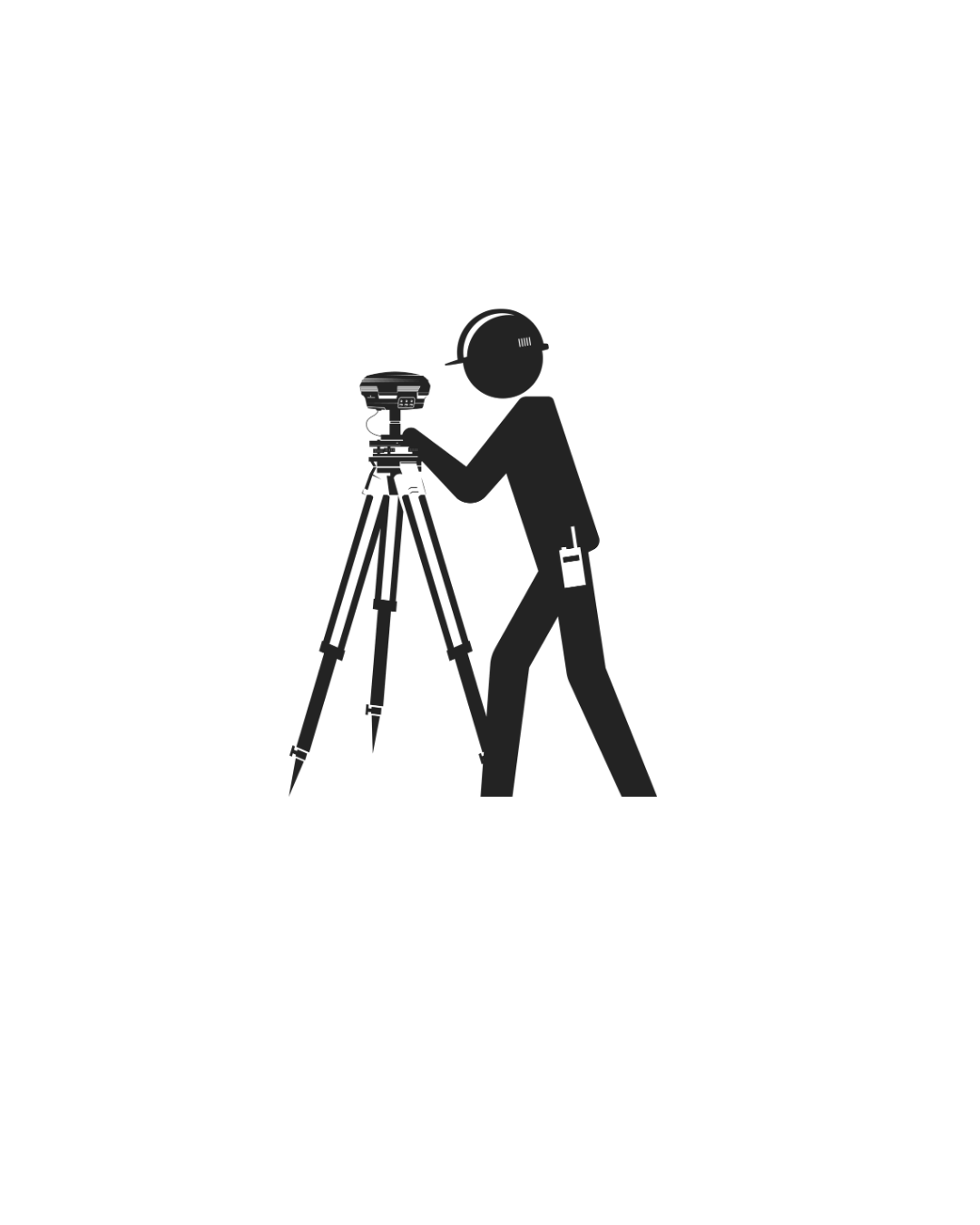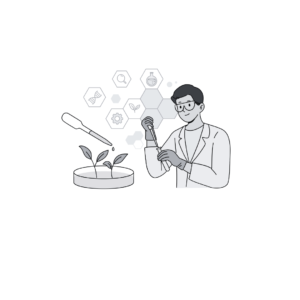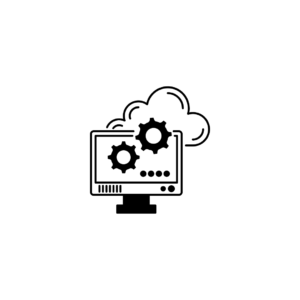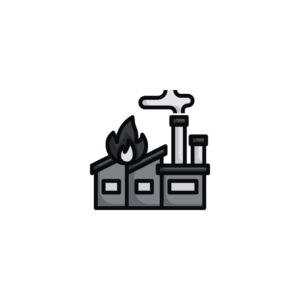Description
A Bachelor of Technology – Lateral Entry (B.Tech-LE) in Instrumentation Engineering is a specialized program designed for students who have completed a diploma in instrumentation or a related field. This program allows students to enter directly into the second year of the B.Tech curriculum, focusing on developing skills and knowledge related to measuring, controlling, and automating industrial processes.
Curriculum Overview
The curriculum for a B.Tech-LE in Instrumentation Engineering typically combines theoretical concepts with practical applications in various industries. Here are some common subjects and areas of study in this program:
Engineering Mathematics:
Advanced mathematical concepts including calculus, differential equations, and linear algebra applicable to engineering problems.
Basic Electrical and Electronics Engineering:
Fundamentals of electrical circuits, electronic devices, and systems, essential for understanding instrumentation.
Measurement and Instrumentation:
Principles of measuring physical quantities (temperature, pressure, flow, etc.) and the design and functioning of various instruments.
Control Systems:
Study of control theory, feedback systems, stability analysis, and control system design.
Process Control:
Analysis and design of control systems for industrial processes, including PID controllers and advanced control strategies.
Sensors and Transducers:
Overview of various types of sensors and transducers used in measurement and control applications.
Data Acquisition and Processing:
Techniques for collecting, analyzing, and interpreting data from instruments and sensors.
Industrial Automation:
Principles and practices of automating industrial processes using control systems, PLCs (Programmable Logic Controllers), and SCADA (Supervisory Control and Data Acquisition).
Signal Processing:
Fundamentals of digital and analog signal processing techniques for analyzing and interpreting signals.
Instrumentation Systems Design:
Designing and implementing instrumentation systems for specific industrial applications.
Safety and Reliability in Instrumentation:
Study of safety standards and reliability practices in instrumentation and control systems.
Capstone Project/Internship:
A practical project or industrial internship that allows students to apply their knowledge and skills in real-world scenarios.
Career Opportunities
Graduates with a B.Tech-LE in Instrumentation Engineering can explore various career opportunities in industries such as manufacturing, process control, oil and gas, pharmaceuticals, and automation technology. Some potential job roles include:
Instrumentation Engineer: Designing, developing, and maintaining instrumentation systems for monitoring and controlling industrial processes.
Control Systems Engineer: Working on the design and implementation of control systems in industrial applications.
Automation Engineer: Focusing on automating processes using PLCs, SCADA systems, and industrial robotics.
System Integration Engineer: Integrating instrumentation and control systems with existing manufacturing processes.
Field Engineer: Installing and commissioning instrumentation equipment on-site in various industrial settings.
Process Engineer: Overseeing and optimizing industrial processes involving instrumentation and control.
Quality Assurance Engineer: Ensuring that instrumentation systems and processes meet established quality standards and regulations.
Data Analyst: Analyzing data collected from instrumentation systems to improve process efficiency and performance.
Research and Development Engineer: Innovating new measurement and control technologies and improving existing instrumentation systems.
Technical Sales Engineer: Providing technical support and solutions for instrumentation equipment to customers in various industries.
Further Education
Graduates may consider pursuing further studies, such as a Master?s degree in Instrumentation Engineering, Control Systems, or related fields to specialize further and enhance career opportunities. Additionally, professional certifications in instrumentation, automation, and control systems can improve employability and expertise in specific areas.
If you have any further questions about the curriculum, potential career paths, or other aspects of a Bachelor of Technology – Lateral Entry in Instrumentation Engineering, feel free to ask!









